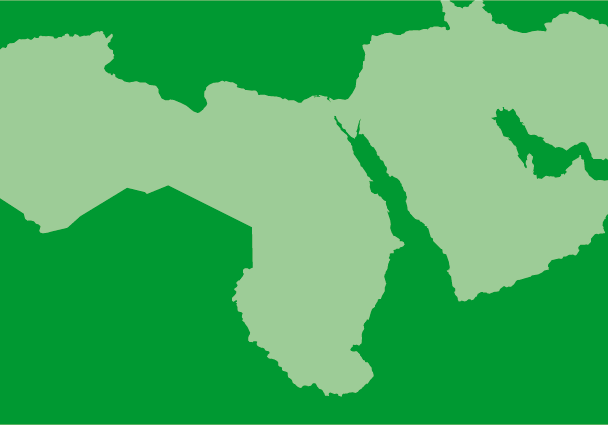
May 31, 2012 | News
The ICJ called upon the Moroccan authorities to comply with international law and remove the blanket immunity contained in the draft law 01-12 on the “Fundamental Guarantees for the Members of the Royal Armed Forces”.
The draft law, in particular Article 7, attempts to guarantee members of the Moroccan armed forces absolute immunity from criminal prosecution for operations carried out under the orders of a superior within the national territory.
It also requires the State to protect members of the armed forces from prosecution as well as from public criticism or condemnation.
The ICJ is deeply concerned that the law attempts to grant immunity for all serious crimes prohibited by international law that might be committed by the Members of the Royal Armed Forces under the orders of their superiors, including war crimes, crimes against humanity, acts of genocide, torture and enforced disappearances.
The law also does not provide for any legal measures against superiors when their orders violate the law.
“The draft law violates Morocco’s obligations under international law, which prohibits any immunity from legal proceedings in respect of crimes under international criminal law, including gross human rights violations”, whether the perpetrators act under orders from a superior officer or independently”, said Alice Goodenough, Legal Adviser for ICJ’s Middle East and North Africa Programme. “The draft law 01-12 should be amended to ensure that those who carry out or participate directly in committing crimes under international law, as well as those who have command responsibility, are held criminally responsible for such conduct.”
The ICJ is concerned that over the past fifty years, Moroccan armed forces and other security services have acted with impunity, unaccountable to either the courts or Parliament.
They have enjoyed effective immunity from any legal proceedings over their role in the human rights violations documented in the 2005 report of the Moroccan Truth Commission (the IER), including unlawful killings, summary executions, enforced disappearances, arbitrary detentions, and torture and other ill-treatment, the ICJ notes.
“This draft law, if adopted, will institutionalize the impunity that has prevailed over past and present human rights abuses in Morocco,” Goodenough added. “Moroccan authorities must refrain from adopting this law or any other measures that foster or contribute to impunity.”
Contact:
Alice Goodenough, Middle East & North Africa Legal Adviser, t +41 22 979 3811; e-mail: alice.goodenough(at)icj.org
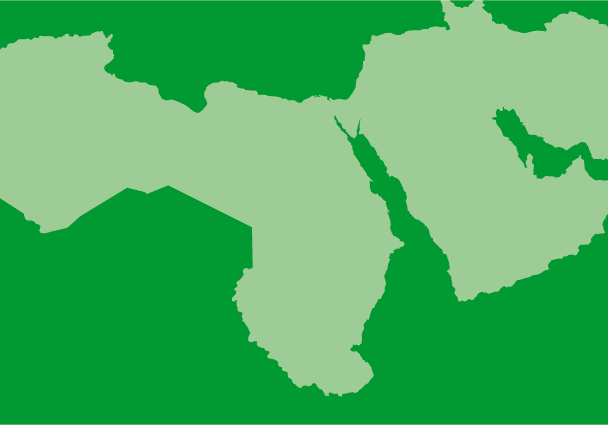
May 14, 2012 | News
The ICJ today called upon the Israeli authorities to end the abusive practice of administrative detentions of Palestinians held in Israel.
Israel must also ensure that those who are on hunger strike have full access to appropriate medical assistance and are treated humanely, the ICJ said.
Over the last months, more than 1,500 Palestinian administrative detainees, pre-trial detainees and convicted prisoners have gone on hunger strike to challenge the conditions of their detention, including the use of solitary confinement, restrictions on family visits and other punitive measures taken against them.
The ICJ stresses that Palestinian detainees and prisoners have been regularly denied their right to have contact and correspond with and be visited by members of their families.
Their rights to have regular access to independent doctors and to their lawyers have also been systematically denied.
“Under international law, administrative detention is unlawful, except in narrow circumstances as an exceptional and temporary measure. However, Israel has routinely resorted to unlawful prolonged administrative detention of individuals from the Occupied Palestinian Territory, sometimes as an alternative to criminal proceedings,” said Saïd Benarbia, Senior Legal Adviser for the Middle East and North Africa Programme. “Israeli authorities must comply with their obligations under international law and fully guarantee the rights of persons arrested or imprisoned without charge to the presumption of innocence, medical assistance, communication with family members and full and unrestricted access to a legal counsel.”
The ICJ is also gravely concerned that detainees on hunger strikes have been allegedly subjected to various forms of coercion that may amount to ill-treatment under international law, including shackling, solitary confinement, daily fines, and forced medical treatment.
Bilal Diab, Thaer Halahlah, Hassen El-Safadi, Omar Abu Shalal, Jafar Izz El-Din and Mahmoud Sarsaq, held in Israel under administrative detention orders, have been on extended hunger strike for more than two months and have seen their health conditions seriously deteriorate, the ICJ deplores.
“The Israeli Authorities must immediately end all forms of psychological and ill-treatment of hunger strikers, guarantee their rights to have full access to independent doctors and appropriate medical care, and ensure they are treated humanely in all circumstances,” Benarbia added. “Unless these detainees are charged with internationally recognizsable criminal offenses, they must be immediately and unconditionally released.”
Contact:
Saïd Benarbia, Middle East & North Africa Senior Legal Adviser, T +41 22 979 3817
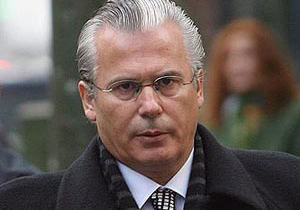
Jan 20, 2012 | News
The ICJ and other human rights groups call on the Supreme Court of Spain to act in accordance with international law standards on the independence of the judiciary and accountability for international crimes. Judge Garzón is accused of criminal malfeasance for authorizing investigations into the alleged disappearance, torture and execution of more than 110.000 persons during the Spanish Civil War and the subsequent Franco’s regime. The trial against Judge Garzón will begin on 24 January 2012.
Spain-trial judge Garzón-press release-2012 (full text in English, PDF)
Spain-trial judge Garzón-press release-2012-SPA (full text in Spanish, PDF)
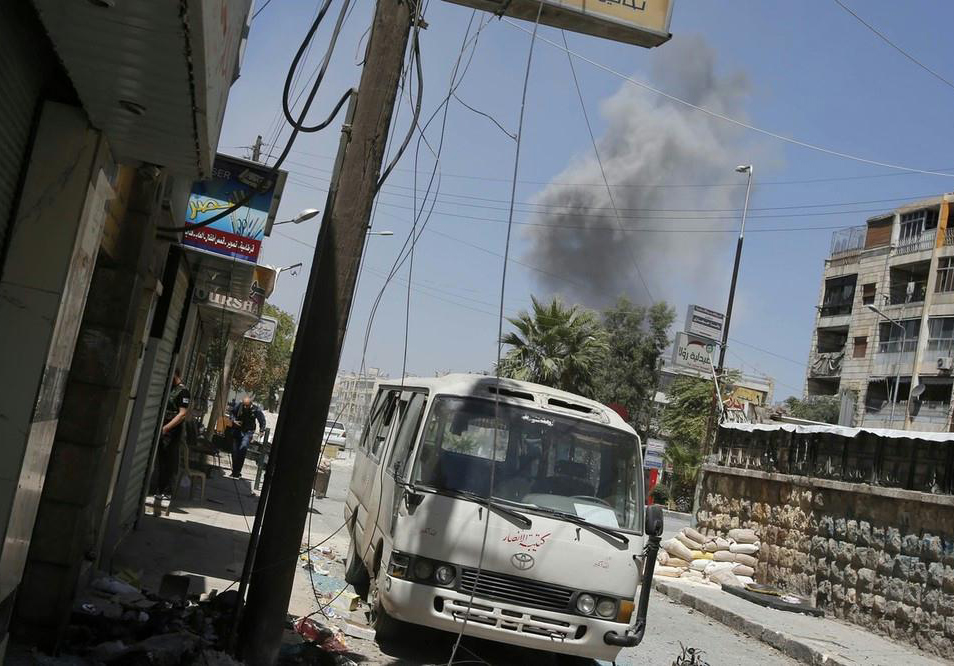
May 12, 2011 | News
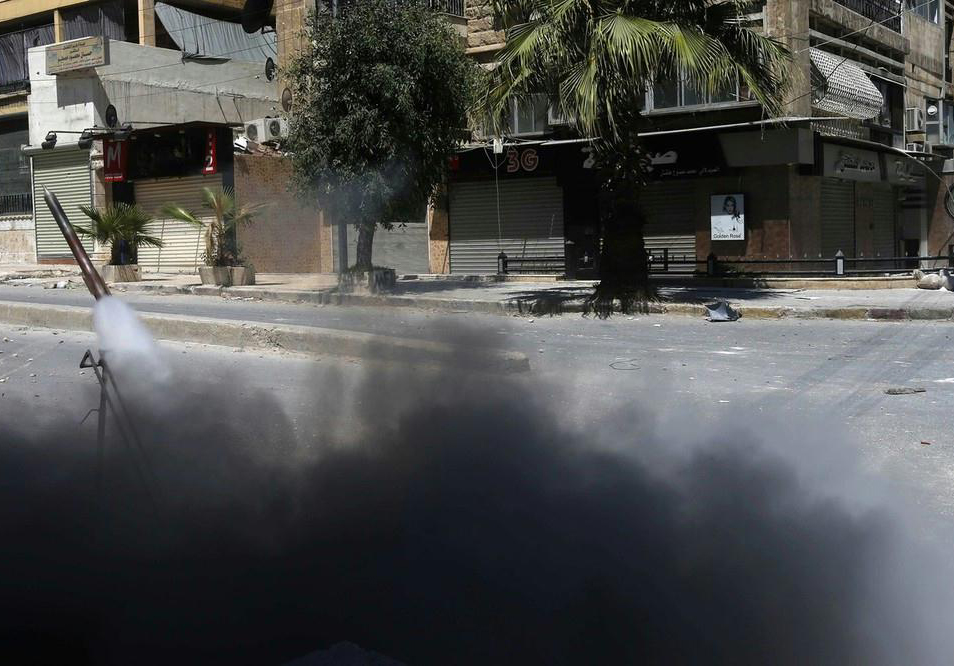 The ICJ today reiterates its call on the United Nations Security Council to take robust measures to end the ongoing attacks on the Syrian population by members of the security and armed forces.
The ICJ today reiterates its call on the United Nations Security Council to take robust measures to end the ongoing attacks on the Syrian population by members of the security and armed forces.
The attacks have resulted in gross human rights violations amounting to crimes under international law.
Syria-protection from violent attacks by security forces-press release-2011 (full text, PDF)
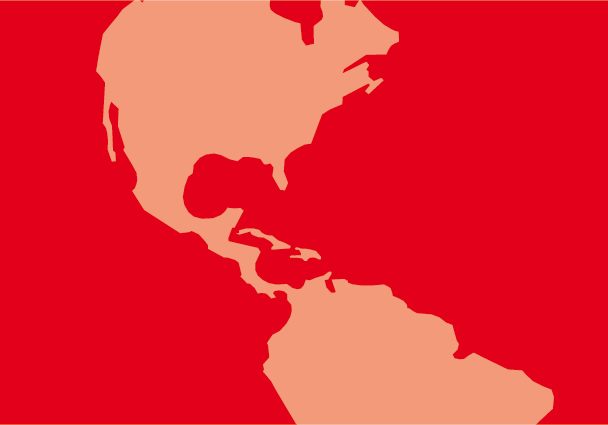
Jun 4, 2009 | Advocacy, Non-legal submissions
The ICJ and other human rights groups underscored the rejection by the international human rights bodies of the use of military prosecutors and courts in cases involving abuses against civilians in Mexico.
The organizations said that the jurisdiction of military courts should be limited to offenses that are strictly military in nature. It was pointed to the practices by the Mexican military prosecutors and courts that routinely investigate members of the military accused of committing human rights violations, which violate Mexico’s obligations under international law and appear to contravene Article 13 of Mexico’s Constitution.
Mexico-Joint Oral statement-non-legal submissions-2009 (full text, PDF)










